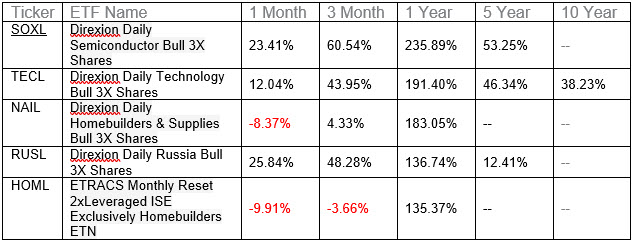The deadly Coronavirus has now spread to more than 60 countries around the world and infected more than 85,000 people, killing nearly 3,000. The virus began in China, which is where overwhelmingly most of the infections and deaths have occurred, but several other countries have recently seen dramatic spikes in infections.
The virus, which was initially diagnosed in December 2019, has proven difficult to contain. However, based on reports from China, the spread of the virus can be slowed, only after what some would consider ‘extreme’ measures. Those measures in China where quarantine orders of the general public, school closures, and businesses shutting down daily operations. These steps have appeared to help the spread of the virus in China, but have taken their toll on the world economies.
During the last week of February, the Dow Jones Industrial Average fell 3,500 points or more than 12%. That is the largest one-week point loss ever for the index, while the percentage decline is the biggest we have experienced since the 2008 financial crisis.
So why did the US markets react the way it did? Continue reading "Is the Coronavirus a Black Swan Event that Will Cause the Next Recession?"



